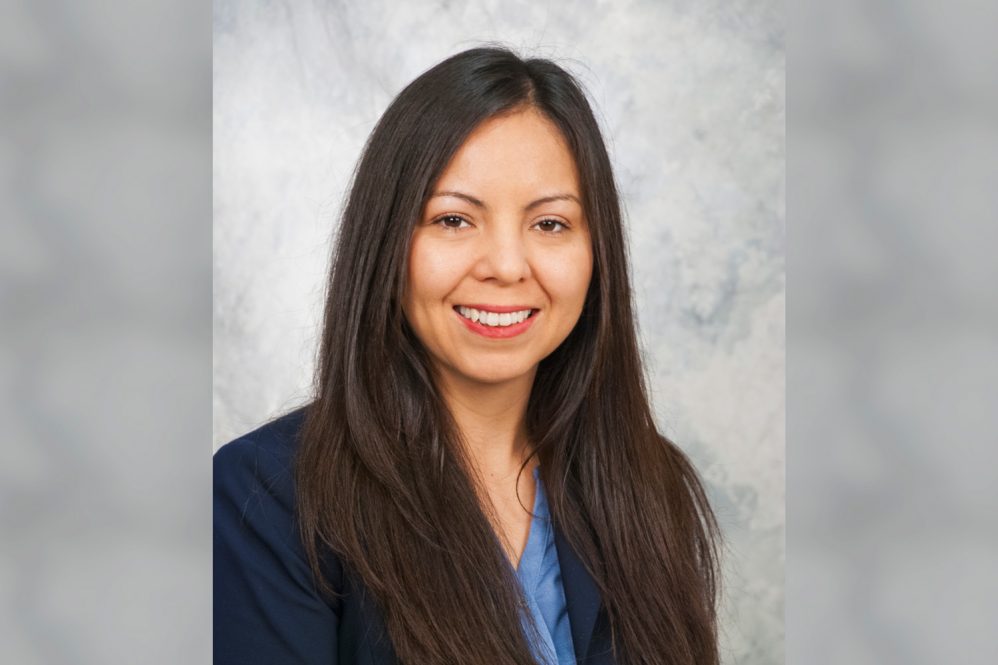Paola Vera-Licona, Ph.D., an assistant professor of the Center for Quantitative Medicine at UConn School of Medicine, is a 2022 winner of the Interstellar Initiative Alumni Program of the New York Academy of Sciences and Japan Agency for Medical Research and Development.
The Interstellar Initiative brings together early career investigators from around the world — selected via a competitive application process — and groups them into interdisciplinary, collaborative teams. With the guidance of leading senior scientists, each team develops a grant proposal centered on a novel scientific research question.
The Interstellar Initiative Alumni Program brings together those who participated in prior rounds of the Interstellar Initiative to support the development and strengthening of teams and research projects to secure international awards; share best practices and science developed within the program; and provide continued networking and mentoring opportunities for Interstellar Initiative alumni.
Vera-Licona and collaborators Adrian Teo Kee Keong of A*STAR in Singapore, Ayesha Saleem of the University of Manitoba in Canada, and Shintaro Yamada of Kyoto University in Japan won first place for their research project in the focus area of healthy longevity entitled “Rescuing cellular alterations in aged pancreatic beta cells to restore insulin-secretion function.”
“Congratulations to Paola on this very well-deserved honor,” shared Pedro Mendes, Ph.D. professor and director of the Richard D. Berlin Center for Cell Analysis and Modeling and the Center for Quantitative Medicine at UConn School of Medicine.
Vera-Licona’s lab research focuses on computational systems biology and systems medicine, mathematical biology, and bioinformatics. Application fields include cancer and immunology. Her research team works on the design, software development, and application of mathematical algorithms to model, simulate, and control gene regulatory networks and intracellular signaling networks.



